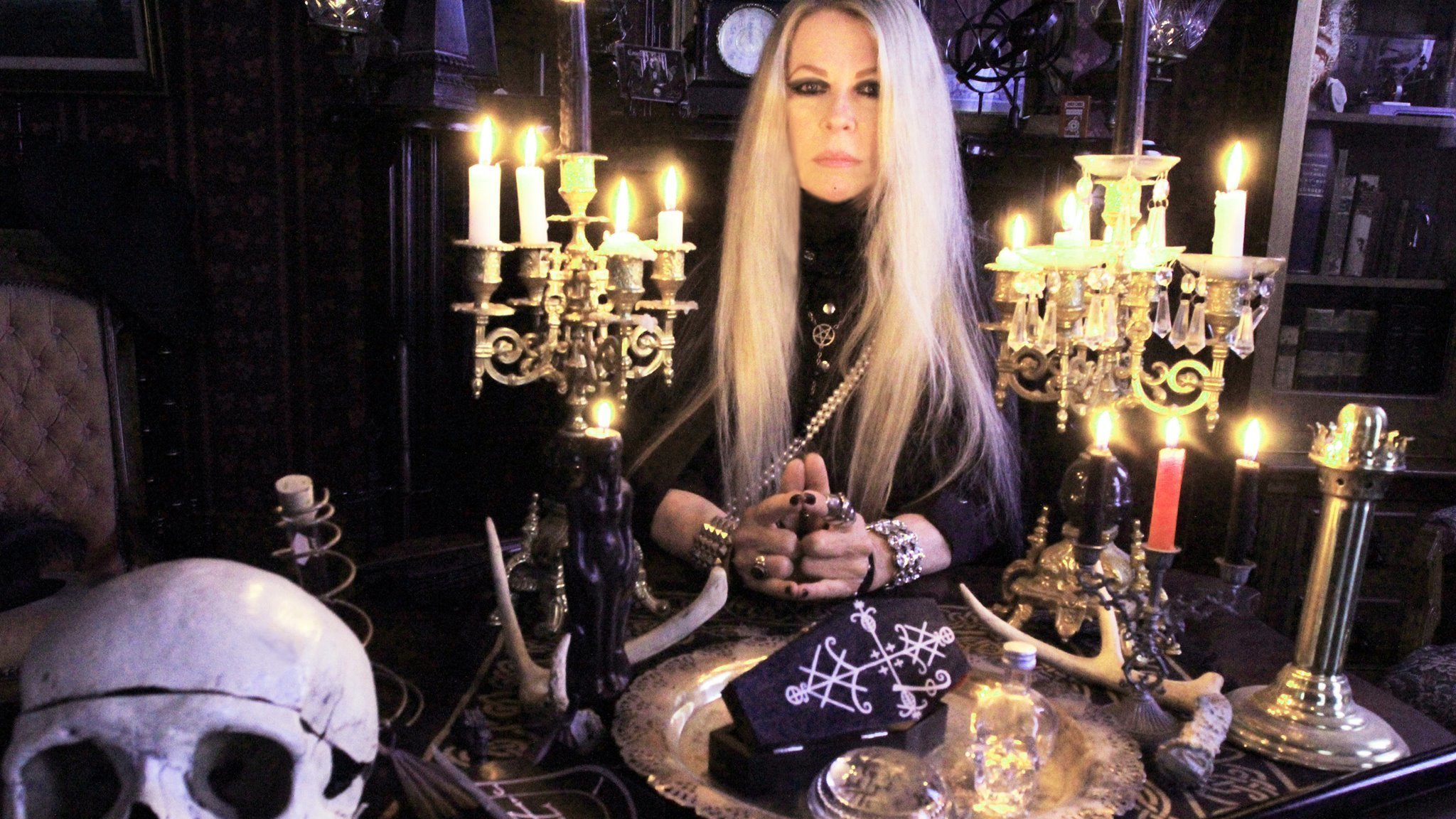Year Of Metal #051: Coven - Blood On The Snow
I’ve listened to a few records that have certainly pushed the limits of what could reasonably be considered metal already, but I’ll have to concede at last with 1974’s Blood On The Snow - no, this is not metal. I can only plead ignorance on this front - I’ll have picked it up off some rundown of the best metal albums of that year, so there’s evidently at least one soul out there who would file this fun, silly rock into that genre. For me, it’s a stretch too far.
Still, we might as well have a look at the album, which is actually a whole heap of fun. Coven seem to be better known for playing the part of occultists, and in turn being dragged into the culture of fear post-Manson murders, than they are the music itself. I haven’t listened to the first record, evocatively titled Witchcraft Destroys Minds & Reaps Souls, but it may be in the interest of moving away from Satan & co that this album is so playful and often soft (notwithstanding the fiddle-playing devil who adorns the cover).
There are songs with a reasonable amount of kick to them, like the nicely ramshackle opener “Don’t Call Me”. There are some nice riffs and a lot of energy, but the plinky plonky piano gives it a bit of a bar band vibe. Once it gets cooking, “Blue Blue Ships” has a lot of heft to it. It’s more power ballad than aggressive rocker, but there are some nicely punchy guitars and an old school metal grandeur to the way it builds.
Singer Jinx Dawson is pretty terrific throughout; there’s an argument to be made that she’s a proto-Stevie Nicks in her witchy vibes and even her look to an extent (though there’s probably an argument to be made that Nicks would quite quickly go on to outstrip her achievements). Her job is to sell the lingering sense of spookiness, and she does this expertly through a series of tics and squeaks.
The best track on the record is “Easy Evil”, one of the hardest rocking cuts (though still not something you could reasonably call metal). It returns to that piano-led barroom rock, but with a better melody and a far richer production. It’s swaggering and uber-’70s; there’s a bit of Foghat to it, but a loucheness, too, especially when the saxophone kicks in. Stick this one in a Scorsese period piece and I reckon you could engineer a pretty good comeback for the Coven lot.
There isn’t a whole hell of a lot of writing out there on Coven, and it seems their place in history is mainly linked to external or non-musical factors - Black Sabbath have been accused (quite convincingly, though they deny all charges) of pinching their ideas, and they supposedly popularised the devil horns hand gesture. I’d surmise the Manson stuff really forced them to re-evaluate their approach, and the end result was this fun if fairly forgettable record.
